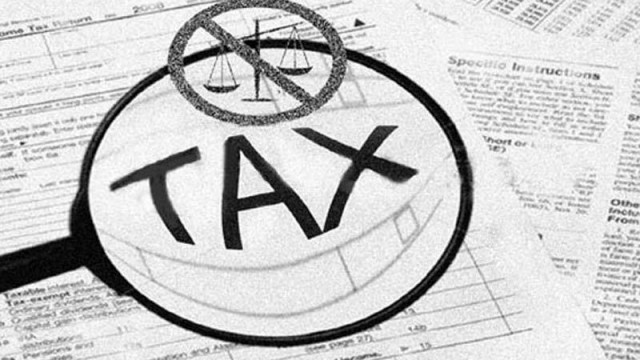The superior courts have recently shored up the jurisprudence with respect to the practice of initiating coercive recovery against taxpayers. They have solidified their position on established principles, such as:
- the requirement of an independent forum’s decision before any coercive action; and
- the necessity of notifying taxpayers before recovery.
The need to fortify such settled principles stems from the widespread practice of attaching taxpayers’ bank accounts immediately after orders assessing their liabilities are passed, thus frustrating their remedies before the appellate authorities. While tax authorities are unquestionably empowered to initiate coercive recovery against non-compliant taxpayers, it is the aspect of conducting recovery without prior notice which sparks controversy.
Under Section 137 of the Income Tax Ordinance, 2001, demand notices must be served to taxpayers by the Federal Board of Revenue, while taxpayers are required to pay within 30 days of receiving such notices. This allows taxpayers to either pay their dues or appeal to the appropriate authorities. In case the latter is preferred, and the appeal is decided against the taxpayer, the officer must serve another notice under Section 138, specifying a deadline for making such payment. Only after these mandatory steps have been exhausted can the Commissioner proceed with coercive actions, including bank account attachment under Section 140.
On the other hand, the procedure for recovery under other fiscal legislation, such as the Sales Tax Act (STA), 1990 and the Federal Excise Act (FEA), 2005, is not as clear.
- Rule 71 of the Sales Tax Rules, 2006 becomes relevant for these cases as Rule 60(3) of the Federal Excise Rules, 2005 states that the recovery procedure laid down in the Sales Tax Rules should be applied mutatis mutandis for federal excise recoveries.
- Rule 71 of the Sales Tax Rules states that if government dues are not paid within 30 days from adjudication, the referring authority can deduct the amount from any money the taxpayer is owed. If the dues are not fully recovered, the authority can attach the defaulter’s bank accounts under Rule 71(2).
Interpreted strictly, the provision could lead to the conclusion that, after the expiry of 30 days from when an order is passed by an officer of Inland Revenue, the officer may attach the taxpayers’ bank accounts. This evaluation raises concerns because it could imply that if a taxpayer chooses to file an appeal, and the appellate authority rules against the taxpayer, the officer can promptly attach the taxpayer’s bank accounts. This practice hinders taxpayers from making essential business decisions and effectively thwarts their right to appeal.
Recent judgments of the superior courts have condemned such practices. While assisting the honourable Islamabad High Court, I argued that in spite of the lack of express protection granted under Rule 71 of the Sales Tax Rules, principles of natural justice have to be read in every provision if not expressly provided for, for they stem from Articles 10A and 19A of the Constitution of Pakistan. While examining the provisions under the FEA in Oracle Systems Pakistan (Private) Limited v. Pakistan, (Writ Petition No. 1044 of 2018), the court ruled that coercive recovery initiated by the Federal Board of Revenue without prior notice violated taxpayers’ fundamental rights under the Constitution, consequently ordering reimbursement of illegally recovered amounts.
Similarly, in Pakistan LNG Limited v. Federation of Pakistan, (2022 PTD 1763), the honourable Islamabad High Court strongly criticized the practice of back-dating or not serving notices to undermine taxpayers’ rights to due process and fair trial. It further stated that the practice to use state power to meet fixed fundraising targets must end and that it did not behoove the state to assume the role of a trickster and undermine the social contract with the citizen. The court referred the case to the Federal Tax Ombudsman citing concerns about potential abuse of authority and administrative misconduct by the officer.
Despite facing criticism, the Federal Board of Revenue persists in employing these strategies, ostensibly in pursuit of revenue targets. The digital IRIS system has enabled rapid recoveries, even allowing for same-day actions. Banks that refuse to comply with the orders of the Department, on the basis of preemptively obtained stay orders, face the risk of arrest warrants and incarceration. While this practice may serve the subjective interests of tax officers, it not only contradicts our constitutional rights and principles of justice but also erodes industry confidence, compelling multinational corporations to reconsider their investment strategies. As consistently emphasized by the superior courts, it is high time that we cease this detrimental practice to protect investment and taxpayers’ property rights guaranteed under the Constitution.
The views expressed in this article are those of the author and do not necessarily represent the views of CourtingTheLaw.com or any other organization with which he might be associated.


